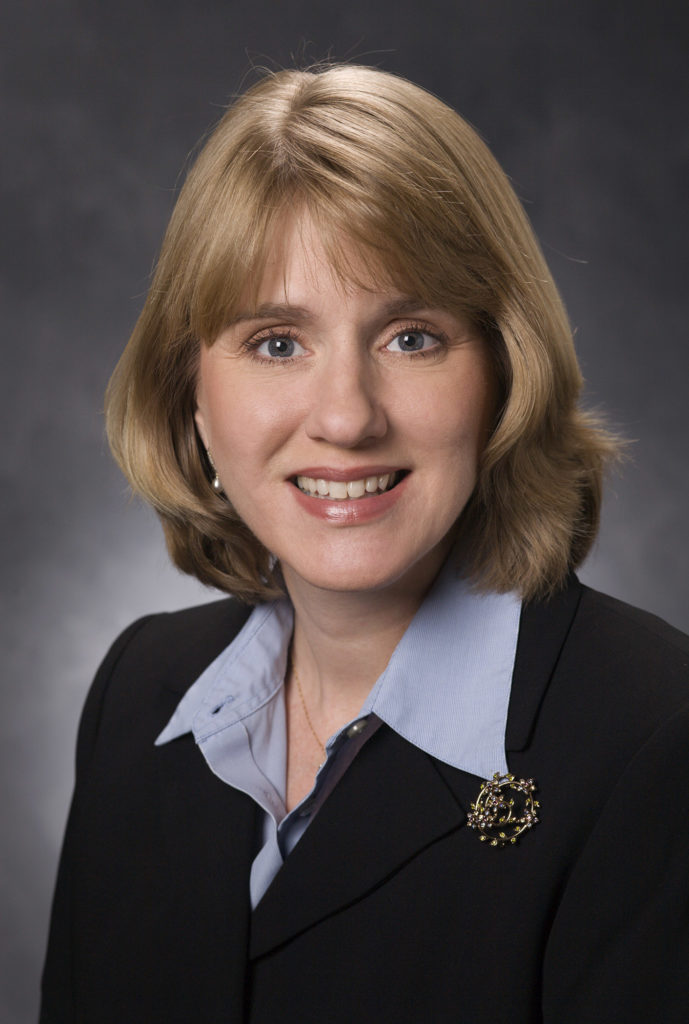Two committees that spent the past four months studying emergency preparedness at UGA have issued lengthy lists of recommendations for ways the university can better prevent, or respond to, incidents that threaten campus safety.
The recommendations span a wide array of issues and concerns and include installing Enhanced 911 and Reverse 911 services in the university telephone system; mandatory participation in the new UGAAlert system; formation of a permanent team to coordinate mental health services and resources; and training to help key personnel recognize serious behavioral problems.
UGA President Michael F. Adams appointed the committees last May in the aftermath of the April shootings at Virginia Tech.
One committee, chaired by Kathy Pharr, assistant vice president for finance and administration, focused on steps the university can take to better prepare for emergencies and improve communications in a crisis situation.
The other committee, chaired by Lonnie Brown, associate professor of law, examined psychological services the university provides to deal with problems related to mental health.
Both committees not only studied existing procedures and protocols at UGA, but also interviewed experts, conducted literature searches and collected relevant information from other universities. The committees presented their findings in detailed reports running more than 60 pages in length that together contain
38 recommendations.
The committees’ work is part of UGA’s participation in an effort by the University System of Georgia to develop a plan for handling emergencies that will apply to all schools in the system. Each committee emphasized that safety is a paramount concern on campuses and that universities have no choice but to take aggressive measures to protect students, employees and visitors.
The committee on psychological services acknowledged that “mental illness and violent behavior are by no means inextricably linked.” But the committee warned that “mental health issues are of major concern today, particularly on university campuses. . . (and) when combined with the current heightened anxiety about students exhibiting general behavioral concerns, the subject has taken on increased importance for educational institutions.”
Key recommendations from the committee on preparedness and communications include adding Enhanced 911 and Reverse 911 services to the university telephone system; mandating participation of students and employees in the UGAAlert mass notification system; boosting university police salaries to improve retention of well-trained first responders; designating a 24/7 safety representative for every campus building; and installing public address systems in some buildings.
The psychological services committee recommendations include creating a Behavioral Assessment and Response Council to coordinate mental health-related services and resources; specially training at least two employees in every unit to be the principal “go to” persons for identifying and responding to individual behavioral concerns; increasing the number of licensed psychologists and support staff in Counseling and Psychiatric Services; providing special counseling services for ethnic minority, international and other “underrepresented” students; and changing laws governing disclosure of student mental health records.
Both committees recognize that some recommendations can’t be implemented without additional funds, and that many recommendations will require further planning. But they urge the university to keep safety and emergency prevention and response a top priority.
